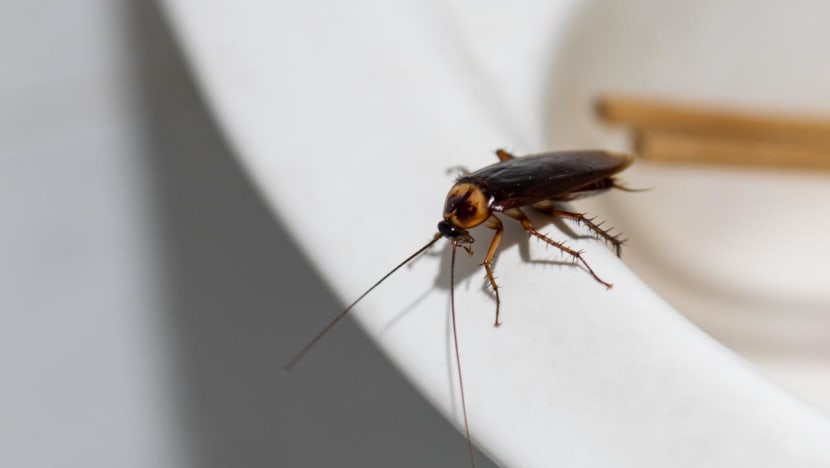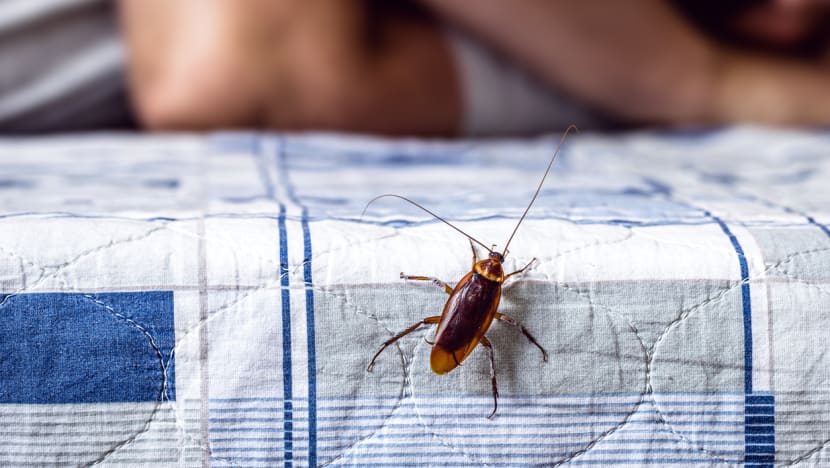How cockroaches spread around the world to become global pests

Traumatic experiences, life stressors, changes in the environment, encountering the fear in a different context are some of the factors that can trigger and reactivate the phobia. (Photo: iStock/ArLawKa AungTun)
DALLAS: Cockroaches are experts at surviving indoors, hiding in kitchen pipes or musty drawers. But a new study published on Monday (May 20) in the journal Proceedings of the National Academy of Sciences shows they didn't start that way.
The research uses genetics to chart cockroaches' spread across the globe, from humble beginnings in Southeast Asia to Europe and beyond. The findings span thousands of years of cockroach history and suggest the pests may have scuttled across the globe by hitching a ride with another species: people.
“It’s not just an insect story,” said Stephen Richards, an assistant professor at Baylor College of Medicine in the US state of Texas, who studies insect genes and was not involved with the study. “It’s an insect and humanity story.”

Researchers analysed the genes of over 280 cockroaches from 17 countries and six continents. They confirmed that the German cockroach — a species found worldwide — originated in Southeast Asia, likely evolving from the Asian cockroach around 2,100 years ago. Scientists have long suspected the German cockroach's Asian origins since similar species still live there.
The cockroaches then globe-trotted via two major routes. They travelled west to the Middle East about 1,200 years ago, perhaps hitchhiking in soldiers' breadbaskets. They may have stowed away on Dutch and British East India Company trade routes to get to Europe about 270 years ago, according to scientists' reconstruction and historical records.
Once they arrived, inventions like the steam engine and indoor plumbing likely helped the insects travel further and get cosy living indoors, where they are most commonly found today.
Researchers said exploring how cockroaches conquered past environments may lead to better pest control.
Modern-day cockroaches are tough to keep at bay because they evolve quickly to resist pesticides, according to study author Qian Tang, a postdoctoral researcher studying insects at Harvard University.














